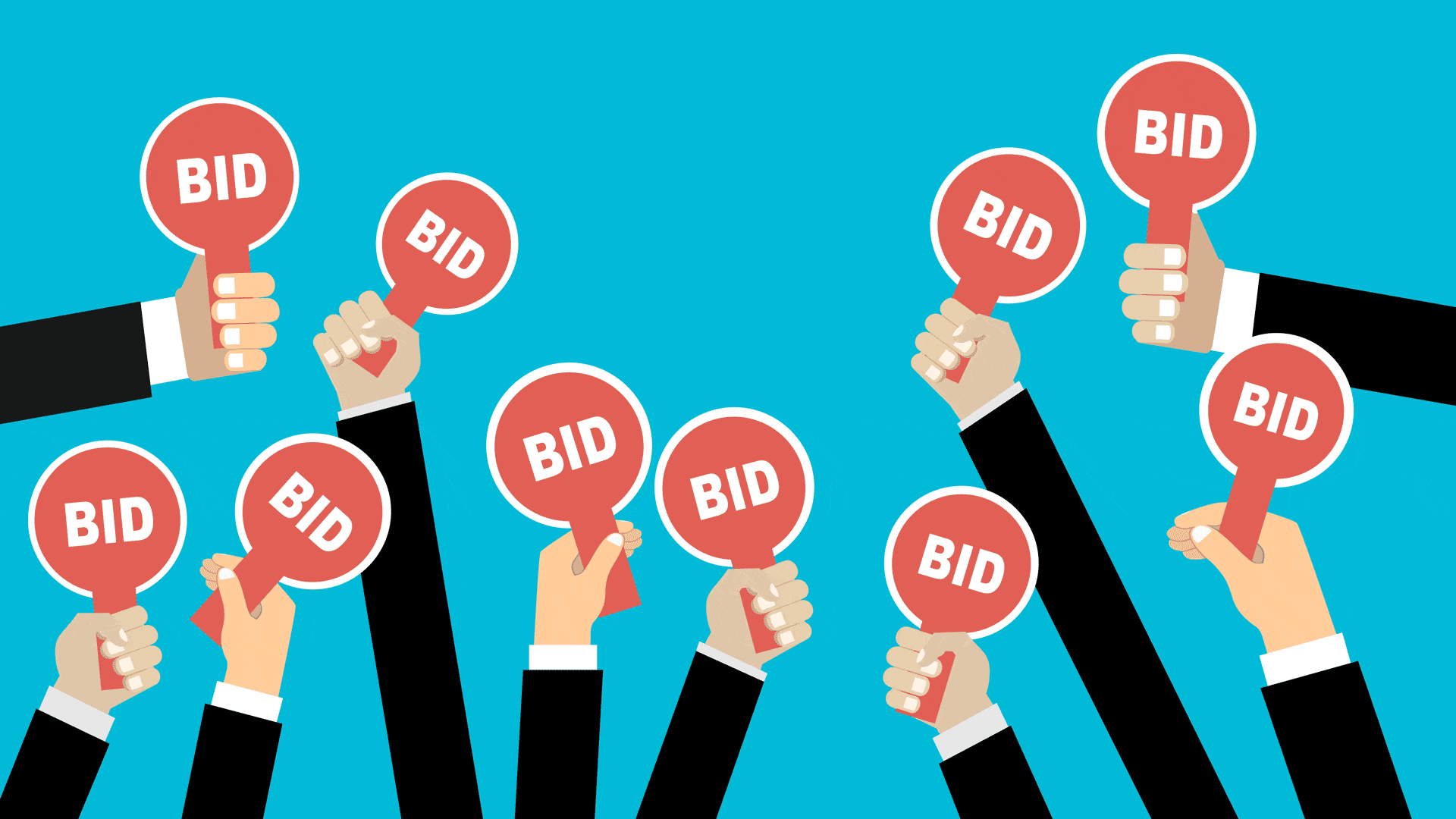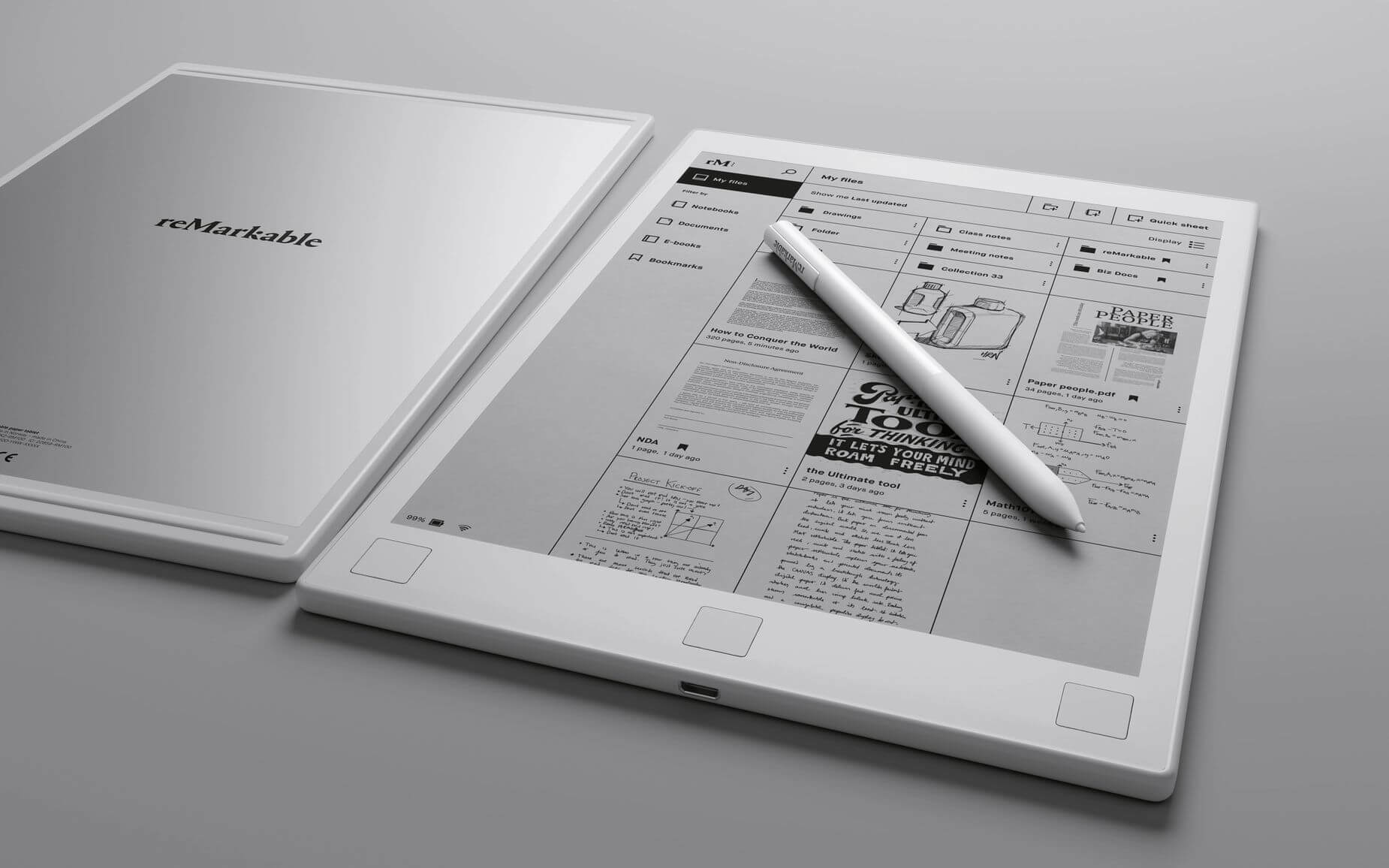
Penguin Random House, Hachette and Harpercollins are the three leading bidders to purchase Simon and Schuster, the 3rd largest publisher in the world. The New York Times is reporting that the sale price is $1.7 billion and the bids must be officially made by Thanksgiving and the deal should be announced a few days later.
Simon and Schuster’s revenue rose 20% last quarter on bestselling titles Too Much and Never Enough: How My Family Created the World’s Most Dangerous Man by Mary Trump and Bob Woodward’s Rage. On an earnings call earlier this month, ViacomCBS CFO Naveen Chopra called Simon & Schuster “very valuable.
ViacomCBS, the owners of S&S, put the company on the block in early March before the pandemic hit along with several other assets it considers non-core as looks to build up cash to invest in content and streaming. In late March, it said it had received several dozen inquiries. Those have now been narrowed down with three of the sector’s biggest strategic buyers.
Penguin Random House which is owned by Bertelsmann is believed to be the front-runner. They are responsible for 1/4 of all books published every quarter. Rupert Murdoch’s News Corp., the owner of HarperCollins can also afford it. Robert Thomson the Chief Executive said in an earnings call “We are pleased with the performance at HarperCollins and the building of the direct-to-consumer links, the expanding digital personality, and our nonpareil front and backlist authors. But I would make one observation about Simon & Schuster. It will clearly be a serious antitrust issue if Bertelsmann acquires Simon & Schuster. However cute and clever the structure, if Bertelsmann is their beneficiary, it will be a book behemoth. And this will certainly be a profound antitrust issue for the entire book industry and, no doubt, for authors around the world. Vivendi who owns Hachette recently they acquired Editis, a collection of 48 European publishing houses. The deal raised the possibility that the company might look to acquire a U.S. publisher. Vivendi briefly owned U.S. publisher Houghton Mifflin a decade ago.
The publishing industry has been consolidating all over the world, for years. This is because Amazon is the number one bookseller and they have their own publishing imprints and are exerting more control over favourable nation terms, when negotiating new contracts with the publishing industry. When publishers acquire their rivals, it gives them more power in negotiations, because they simply have more frontlist and backlist titles.
Michael Kozlowski is the editor-in-chief at Good e-Reader and has written about audiobooks and e-readers for the past fifteen years. Newspapers and websites such as the CBC, CNET, Engadget, Huffington Post and the New York Times have picked up his articles. He Lives in Vancouver, British Columbia, Canada.
